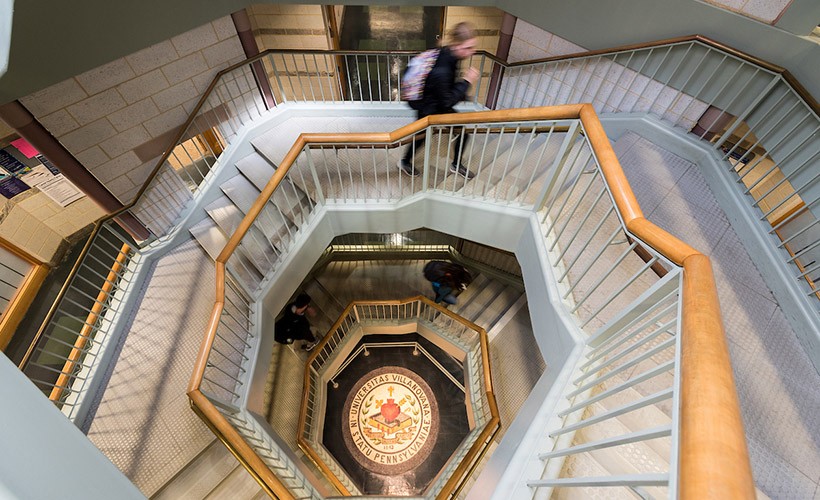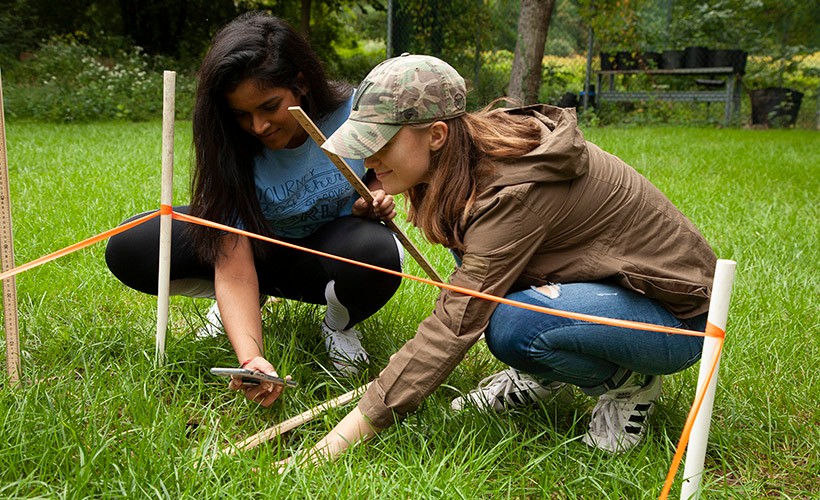GUIDING PRINCIPLES
In the Classical Studies Program, faculty and students share their passion for exploring all aspects of the multidisciplinary field of Greco-Roman antiquity.
The mission of the Classical Studies Program at Villanova University is to provide a multidisciplinary learning experience for the study of the civilizations of ancient Greece and Rome. Students may gain linguistic skills in learning ancient Greek and Latin and then develop these skills further as they translate and analyze literary works in the original languages, from the eighth century BC epics of the Greek poet Homer to the fourth century AD theological works of Saint Augustine. Students may examine the archaeological remains of ancient Greece and Rome to assess the development of Greek and Roman art and architecture and to interpret the significance of artifacts from daily life in the classical world. In exploring both the literary and material evidence from ancient Greece and Rome, students may formulate theories about many facets of life in these civilizations which relate to a wide variety of scholarly fields: linguistics, literature, theater, art, architecture, engineering, history, law, economics, political science, philosophy, theology, science, medicine, sociology and diversity studies (gender, race, ethnicity, etc.). Thus, not only does the Classical Studies Program directly contribute to learning in specific areas, such as those required in the undergraduate core curriculum (e.g., language, literature, fine arts, diversity), its interdisciplinary nature also makes it a valuable complement to the study of any academic field in the University, as many of our students with multiple majors and courses of study have discovered. In addition, the Classical Studies Program speaks directly to the mission of Villanova University as a Catholic Augustinian institution in that it provides a historical and literary context for the beginnings of Christianity and the life and works of Augustine.
Students in the Classical Studies Program have the opportunity to achieve the following learning goals and objectives:
- translation and analysis of ancient Greek and Latin texts
- exploration of classical culture such as art, archaeology, social history, etc.
- research and analysis of primary and secondary literary and material sources for Greco-Roman antiquity
The Classical Studies Program supports diversity, equity and inclusion both in its curriculum and in its community of faculty and students. We seek to explore the richness of the multicultural society of Greco-Roman antiquity and welcome the vibrancy that ranging perspectives from a diverse faculty and student body bring to our community.



